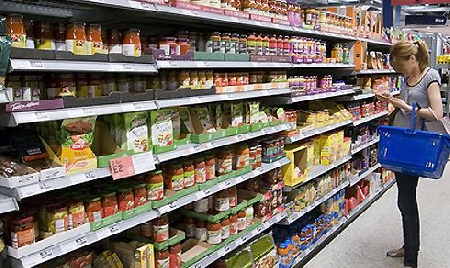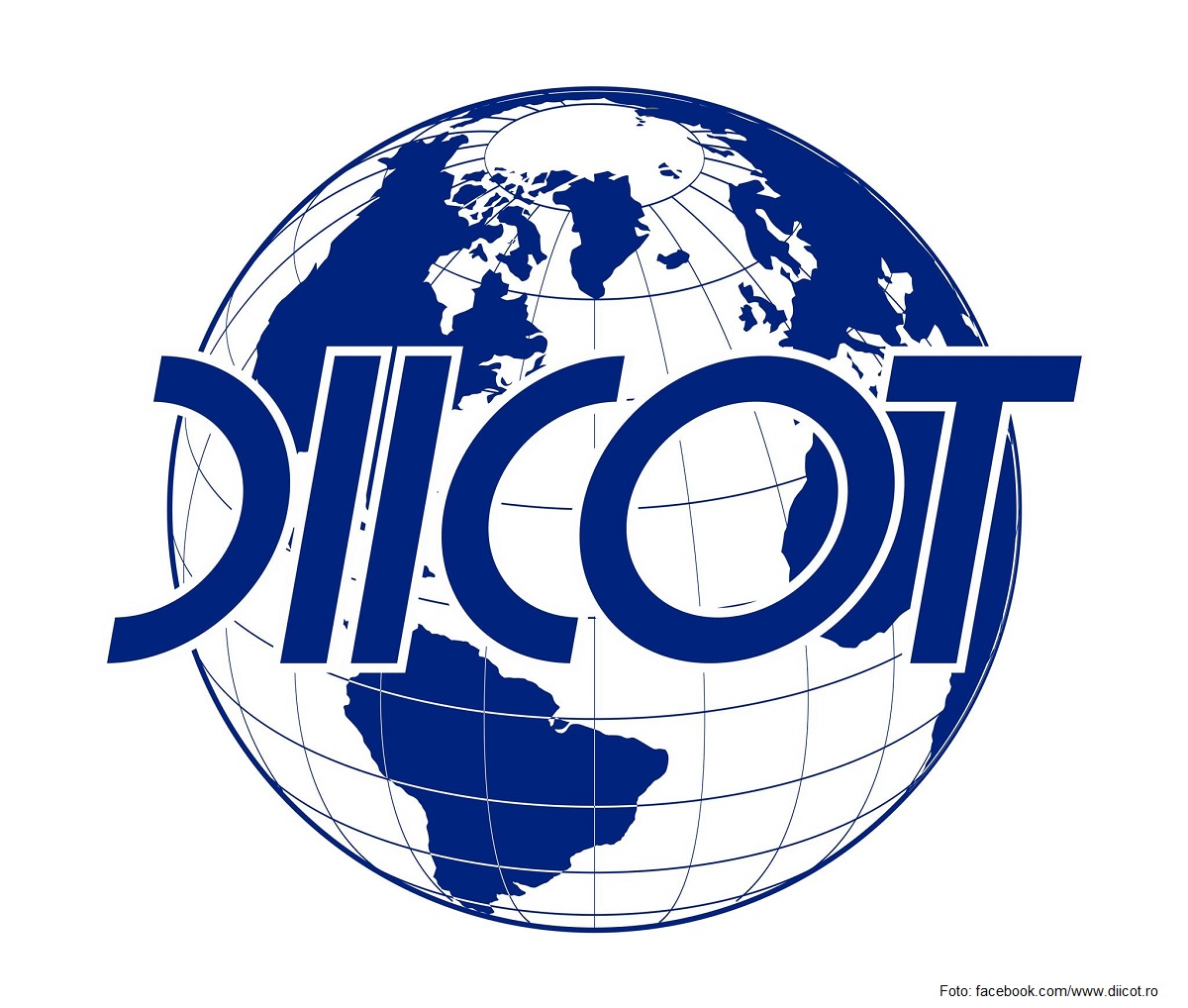Romanian Government to Introduce New Social Measures
The Romanian Government plans to slash the VAT on basic foodstuffs and to increase the national minimum salary.

Ştefan Stoica, 16.01.2013, 14:22
The Romanian Government and the IMF delegation to Bucharest have a long agenda to cover. Among other usual topics, such as the draft budget for 2013, structural reforms and deferred privatizations, talks will also focus on major social issues. The Government intends to increase the national minimum salary from 160 to 180 Euros.
The decision was taken following the insistence of trade unions and as a promise included by the Social Liberal Union in its election campaign, in the run-up to the December 9 elections. The hike of the guaranteed minimum salary, apart from stepping up labour productivity, might also trigger negative effects, warns Ovidiu Nicolescu, the head of the National Council of Small and Medium-Sized Enterprises.
Ovidiu Nicolescu: “The National Council of Small and Medium-Sized Enterprises agrees with this increase, for social reasons. First of all, it is quite clear that a small income does not allow for a decent life. Secondly, the measure will have a positive impact on the demand, and it will improve the working climate, a key factor for the performance of businesses. However we need to approach such measures with utmost care, because if we continue to increase the income rate above the productivity level, inflation will go up, business will have a hard time turning a profit while exports will go down”.
Drawing on an older project of the Social-Liberal Union, the VAT slash for basic foodstuffs might be introduced as an experimental measure in the second quarter of 2013, following talks with Romania’s international lenders, Agriculture Minister Daniel Constantin has announced. This pilot project is aimed at lowering the VAT from 24 to 9% for grains, flour and breadstuffs, which are all determinants of the price of bread.
According to preliminary estimates, lowering the VAT translates as an additional 150 million Lei taken from the state budget, which Government representatives do not see as a dramatic effort. The estimated benefit would be a significant curbing of tax evasion in the milling and bread production sector, which stands at 70% at present. A 20% cut in tax evasion would ensure the success of the project and see it extended over the next period as well. In fact, Minister Constantin has made it clear that combating tax evasion is the main driving force behind the project, and not the social benefits it brings.






























